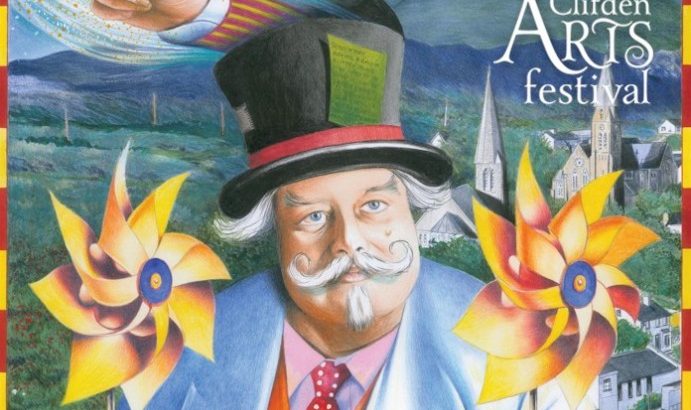Surely the best health news announced recently was that wild polio has now been officially eradicated from Africa. This was an ambition declared by Nelson Mandela in 1996, and it has now been achieved: the 47 countries in the continent of Africa have been certified by the World Health Organisation as “free of polio”.
‘Wild polio’ is the strain of polio virus which afflicted a generation of children in Ireland and Britain in 1956. It really was frightening at the time – parents were terrified to let their children into swimming pools, and libraries, too.
Wise
I have a dear friend of that generation whose right leg has been affected by polio – then known as ‘infantile paralysis’. She has coped magnificently, has children and grandchildren, and is a wise, kind person who has overcome her disability, but it was tough when she was a youngster.
The Anglo-Irish journalist Patrick Cockburn has written a poignant book about his experience of childhood polio, growing up in Youghal, Co. Cork, The Broken Boy. He told me that the nuns at the Bon Secours hospital were skilled medics, but the hospital situation itself was so lonesome for a child in those days. Some children had to be put into a contraption known as an iron lung.
Hospitals everywhere were austere places in the 1950s and visitors frowned upon – largely because there was so much apprehension about spreading germs and viruses.
Proper vaccination is precisely what has eradicated wild polio in Africa”
It’s a blessing that polio is being eradicated world-wide, although there are still some strains of what is called ‘vaccine-induced’ polio in Africa and elsewhere. This is where a weakened form of the vaccine has been administered, and it mutates into another strain in under-immunised regions.
This could be the source of some ‘anti-vaccines’ movements, whereby the vaccine itself is blamed for the disease.
Although proper vaccination is precisely what has eradicated wild polio in Africa.
Missing Clifden
It’s grand to see that the Clifden Arts Festival is going ahead later in September. It’s the longest-running community festival in Ireland, and over a summer when so many festivals have cancelled, congrats to Clifden for keeping going, no doubt all events suitably arranged in line with health precautions and social distancing – however much ‘distancing’ is alien to Connaught manners.
Wish I could be there to hear David McCullagh speak about his much-praised biography of De Valera, plus Colum McCann and Marita Conlon-McKenna, among many others, reading from their work. There will be tributes to the late Tim Robinson, who wrote so brilliantly about Connemara, and to John Moriarty, the philosopher of spirituality and ecology.
It’s so important, for spirituality and mental health, that events continue throughout these restricted times. I am dismayed by the way that in our local parishes in Kent, all Church events have just stopped. It’s essential the Church understands that Faith also means community, and community means congregating for an event.
I’m not quite ready to put a full stop to the full stop
The full stop is out of favour with a rising generation. That little dot at the end of a sentence, which separates one sentence from another in an orderly way, is now considered to imply sarcasm, discontent or even a micro-aggression. Thus, we are told by the linguists, does language evolve.
I’m not ready to discard the full stop just yet: although I am partial to other forms of punctuation, too, such as the colon. I also like the semi-colon; which can indicate a slight change of register. And I’m fond of parentheses, or brackets. (They are a useful way of adding an allusive idea, which has little to do with the case.)
I’m keen, too, on the exclamation mark! That’s rather frowned upon by book editors now, who delete some of my prodigal use of the ‘screamer’, as it’s known. But it indicates a mood and a tone like no other. The Spanish like it so much they put it at the beginning as well as the end of a sentence.
Ditto with the question mark, which I feel sure is indispensable. Although maybe not for all authors?
Phone-texts and What’sApp are blamed for these new trends in punctuation. And I suppose one area of the ‘new punctuation’ which I have embraced eagerly is the ellipsis…those telling little dots at the end of a sentence which leave the conclusion somewhat open…
Still, these new fads don’t always last. James Joyce dispensed with the use of quotation marks to indicate speech. And yet those quotes still endure for most of us. Perhaps the full stop will also survive!


 Mary Kenny
Mary Kenny